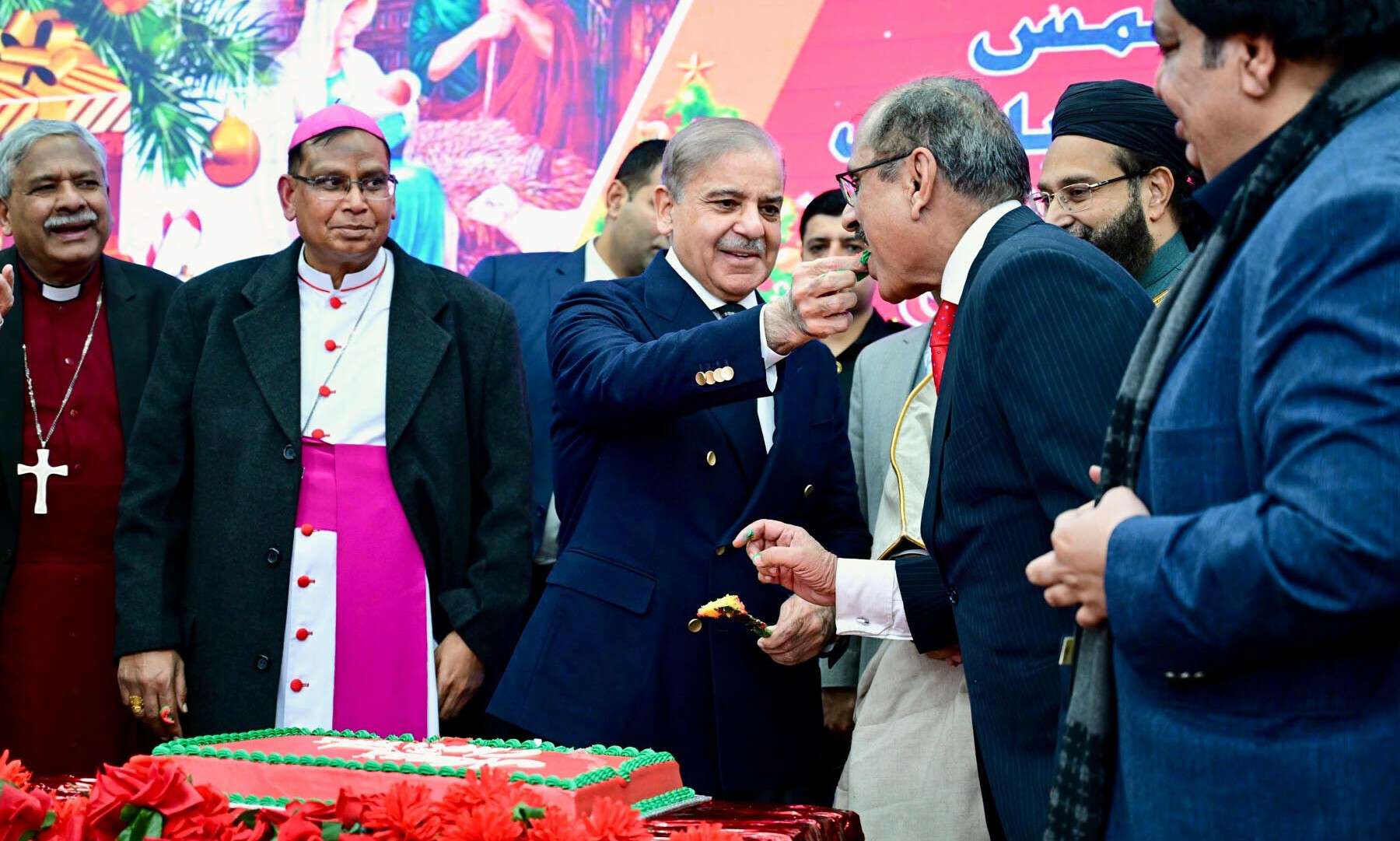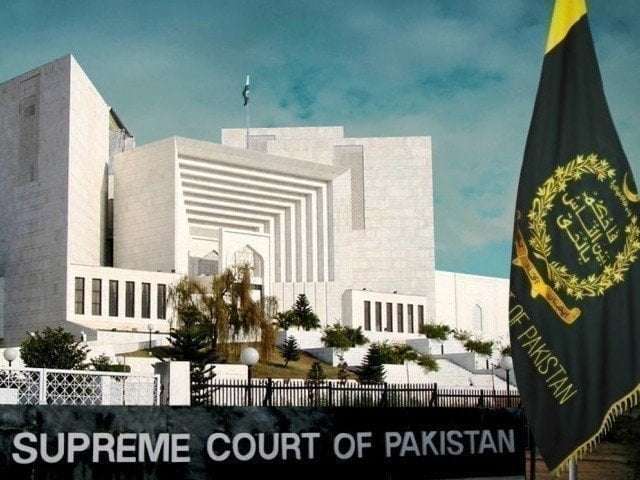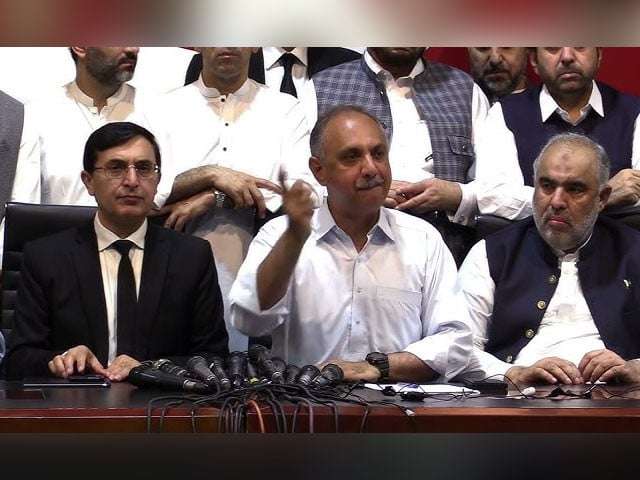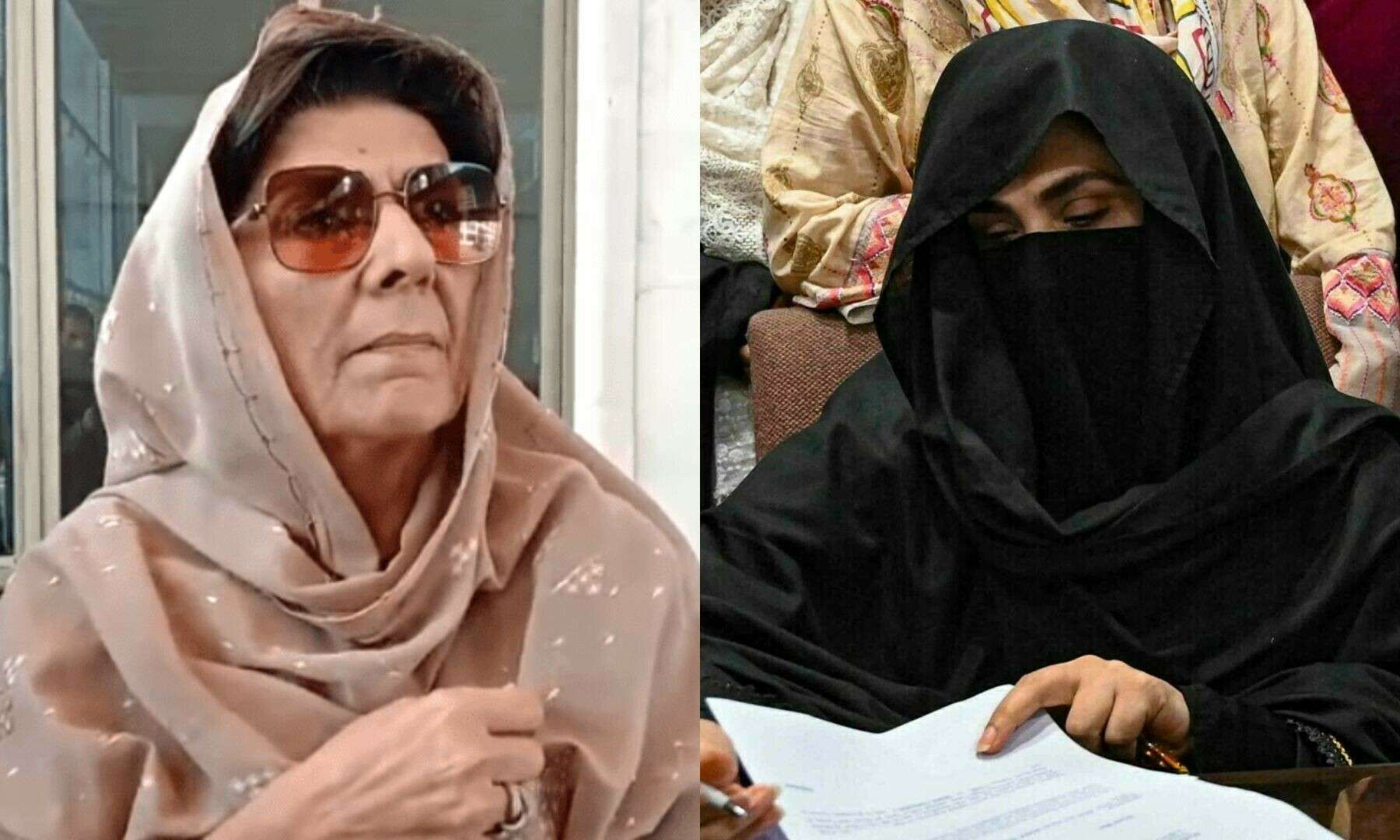On the 148th birth anniversary of Quaid-i-Azam Mohammad Ali Jinnah, Pakistan’s President Asif Ali Zardari and Prime Minister Shehbaz Sharif paid tribute to the Father of the Nation. They reaffirmed their commitment to building a Pakistan that mirrors Jinnah’s vision of inclusivity and the protection of religious minorities’ rights.
The day was marked by national ceremonies and solemn events to honor Jinnah’s legacy. The country celebrated with gun salutes in the federal and provincial capitals, while a ceremonial change of the guard took place at Quaid-i-Azam’s mausoleum in Karachi, where a contingent from the Pakistan Military Academy Kakul assumed guard duties. Radio Pakistan provided coverage, reporting that special events were arranged throughout the day to pay tribute to Jinnah’s leadership.
The Vision of Quaid-i-Azam: A Call for Unity and Inclusivity
As Pakistan marked the birth of Quaid-i-Azam, both President Zardari and Prime Minister Sharif reflected on Jinnah’s vision of an inclusive Pakistan where people from all religious backgrounds live as equal citizens. The day was not only about honoring Jinnah’s struggle for independence but also about echoing his vision for a pluralistic society.
In his message, President Zardari emphasized the importance of religious harmony and mutual respect. He noted that the Constitution of Pakistan guarantees the fundamental rights of all citizens, regardless of their faith. Zardari reminded the nation that Jinnah envisioned a Pakistan where minorities could thrive without discrimination. This vision, he said, could be achieved by investing in youth education and uplifting marginalized communities.
The Importance of Minorities’ Rights in Jinnah’s Vision
President Zardari took the opportunity to reiterate that Pakistan’s progress is tied to the protection of its minority communities. He mentioned that the Christian community’s contributions to the country’s development in areas like education, healthcare, and community service were invaluable. Zardari also emphasized that intolerance and discrimination should be discouraged, ensuring that every citizen feels respected and safe in Pakistan.
Similarly, Prime Minister Shehbaz Sharif echoed this message. He urged the nation to continue working towards a peaceful and inclusive Pakistan. “As we celebrate Quaid-i-Azam’s 148th birthday, we are reminded of his extraordinary courage and determination in achieving the dream of Pakistan,” said Sharif. He called on all citizens to work together to create a society where people of all faiths can practice their beliefs freely.
Christmas Celebrations and Jinnah’s Legacy
Christmas was also celebrated on this day, with special events across Pakistan. The Christian community was recognized for its contributions to the nation’s social and economic development. Prime Minister Shehbaz Sharif, in his address during a special Christmas event, reflected on the values of peace, brotherhood, and compassion, which Prophet Isa (Jesus) preached.
Sharif also expressed solidarity with the Christian community, reaffirming that the government would continue to safeguard their rights. He urged the nation to reflect on the message of love, kindness, and mercy exemplified by Prophet Isa and emphasized the need for interfaith harmony in Pakistan.
PM Shehbaz’s Call for National Unity
Prime Minister Shehbaz Sharif called for unity, emphasizing that Jinnah’s dream of a prosperous Pakistan can only be realized if all citizens, regardless of their faith, work together. He highlighted the role of minorities, particularly the Christian community, in the development of Pakistan. “We must ensure that our minorities feel respected and included,” he said.
The Prime Minister also took the opportunity to highlight the significant role of the Christian community in various sectors, including education and healthcare. He recalled the contributions of prominent figures such as former Chief Justice Alvin Robert Cornelius and human rights activist Cecil Chaudhry. Sharif’s words were a reaffirmation of Pakistan’s commitment to religious freedom and equality.
Chief Ministers and Local Government Leaders Join the Tributes
In different provinces, the chief ministers echoed the national call for unity and inclusion. Sindh Chief Minister Murad Ali Shah and Governor Kamran Tessori visited Mazar-e-Quaid in Karachi to lay floral wreaths and pay their respects. They also emphasized the need to follow Quaid’s values to achieve national progress. Similarly, Punjab Chief Minister Maryam Nawaz assured that her government would continue to protect the rights of minorities, particularly in light of the mob violence incident that occurred earlier this year.
Chief Minister Maryam Nawaz emphasized that all Pakistanis, regardless of their religion, should feel safe and included in society. She reaffirmed her commitment to ensuring that religious minorities have equal participation in societal progress. This commitment was further echoed by Khyber Pakhtunkhwa (KP) Chief Minister Ali Amin Gandapur, who spoke about the importance of law, justice, and merit in creating a welfare state, in line with Jinnah’s vision.
Religious Harmony: A Shared Goal for Pakistan’s Progress
The provincial leaders, including Balochistan’s Chief Minister Sarfraz Bugti, also vowed to work towards religious harmony and national unity. Bugti called on the public to adopt the values of faith, unity, and discipline to create a stronger and more prosperous Pakistan. His words reinforced the idea that Jinnah’s vision of unity is still very much relevant in today’s Pakistan.
Former Prime Minister Imran Khan, although not directly involved in the proceedings, expressed his desire for a peaceful and prosperous Pakistan in a message shared on his social media account. He highlighted the need to focus on justice for all citizens, regardless of their background.
COAS Gen Munir’s Participation in Christmas Celebrations
The Chief of Army Staff (COAS) General Asim Munir also joined the Christian community in celebrating Christmas at St. Joseph’s Catholic Cathedral Church in Rawalpindi. His presence was a significant gesture of inclusivity and solidarity with the minority community. COAS Munir used this opportunity to remind the nation of Quaid’s timeless vision for Pakistan.
During his address, General Munir expressed his heartfelt Christmas greetings and acknowledged the significant contributions of minorities in Pakistan. He also praised Jinnah’s leadership, saying that his principles of faith, unity, and discipline continue to guide the nation. Munir’s remarks underscored the importance of unity and national pride, which Jinnah envisioned as essential for Pakistan’s future.
The Armed Forces Honor Quaid’s Legacy
The armed forces also paid tribute to Quaid-i-Azam’s enduring vision. Chairman Joint Chiefs of Staff Committee General Sahir Shamshad Mirza and other military leaders honored Jinnah’s leadership, emphasizing the importance of unity, faith, and discipline. The military reiterated its commitment to upholding Jinnah’s values and ensuring the security and stability of the nation.
In addition, the military’s media affairs wing, ISPR, expressed its solidarity with the Christian community, highlighting the universal values of love, compassion, and peace that Christmas represents. The armed forces pledged to continue protecting the nation while promoting justice, equality, and harmony for all its citizens.
FAQs
1. Why is Quaid-i-Azam’s 148th birthday significant for Pakistan?
The 148th birthday of Quaid-i-Azam Mohammad Ali Jinnah serves as a reminder of his vision for an inclusive Pakistan where people of all religions are equal citizens. It is a day to reflect on his leadership, principles, and the foundation of the country.
2. What was the focus of the Prime Minister’s speech on Quaid’s birthday?
Prime Minister Shehbaz Sharif focused on the need for national unity, the protection of religious minorities, and the importance of promoting peace and brotherhood in Pakistan, in line with Jinnah’s vision.
3. How did the President of Pakistan contribute to the celebrations?
President Asif Ali Zardari emphasized religious harmony, the protection of minority rights, and the importance of educating the youth to fulfill Quaid’s dream of a progressive Pakistan.
4. What is the role of religious minorities in Pakistan, according to the leaders?
Religious minorities, particularly the Christian community, play a vital role in Pakistan’s development. They contribute significantly to fields such as education, healthcare, and community service, and their rights and welfare are crucial for national progress.
5. What is the significance of Christmas celebrations in the context of national unity?
Christmas celebrations provide an opportunity to promote interfaith harmony and inclusivity in Pakistan. The leaders of the country, including the Prime Minister and Chief of Army Staff, emphasized the need to ensure that all religious communities, especially Christians, feel respected and protected in the country.



